The Misfortune of the English, Orange Tree Theatre review - don't fret, boys, it's only death


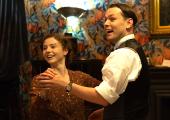
If we could keep living our life over and over again, would we get better at it? This is the premise underpinning Life After Life, the BBC’s four-part adaptation of Kate Atkinson’s novel.

The story of the fictitious Major William Martin, whose waterlogged corpse washed up on the Spanish coast in 1943 bearing bogus documents designed to fool the Germans, was previously filmed in 1956 as The Man Who Never Was.
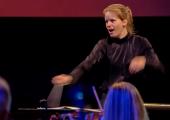
It’s catching on … for the second consecutive night I heard an orchestra begin by playing, to a standing audience, the Ukrainian national anthem. The previous night it was Opera North’s musicians: this time the Norwegian conductor Tabita Berglund addressed the audience at the Bridgewater Hall to explain that it would be dedicated to the victims of war in Ukraine, and the Hallé gave it a resounding reading, followed by loud applause.

There was no overt reference to the world outside in this concert, and yet the poignancy of its content could hardly have been clearer if it had been planned: two symphonies and a song cycle each touched by the tragedy of war.
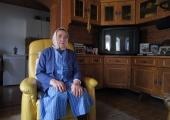
Do we need another documentary about Nazi Germany? Yes, when it is as cogent and subtle as Luke Holland’s Final Account. Made over eight years while the veteran film-maker was battling with the cancer that killed him in 2020, it’s a tapestry of interviews with the ageing generation who lived under Hitler, a last chance to put them on camera.
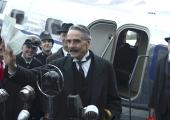
The name of Neville Chamberlain and the term “appeasement” have become indelibly linked, thanks to his efforts to accommodate Adolf Hitler’s bellicose ambitions in the run-up to what became World War Two.
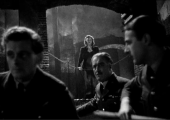
The fourth feature made by writer-director partners Michael Powell and Emeric Pressburger, One of Our Aircraft Is Missing is not as celebrated as the six consecutive masterworks with which they followed it. It’s nonetheless a remarkably atmospheric film that outlined the shape of things to come.

Marcin Wicha’s mother Joanna never talked about her death. A Jewish counsellor based in an office built on top of the rubble of the Warsaw Ghetto, her days were consumed by work and her passion for shopping. Only once did she refer to her passing, waving her hand around her apartment and asking Wicha: “What are you going to do with all this?”
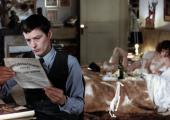
Joseph Losey’s career covered a great deal of ground, and several continents.